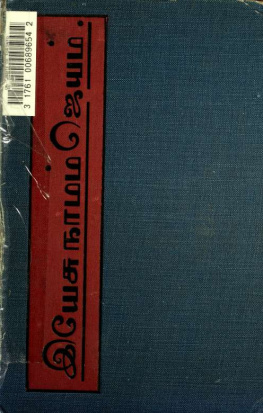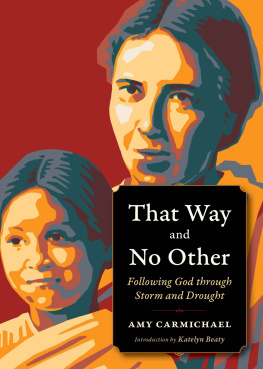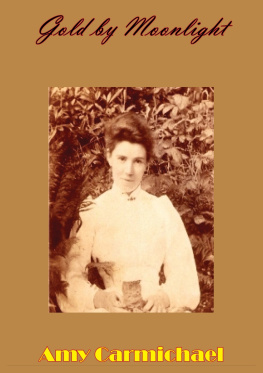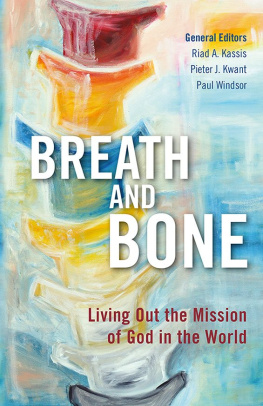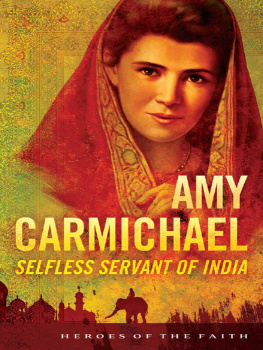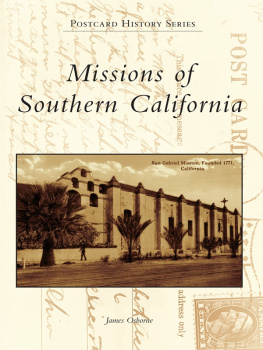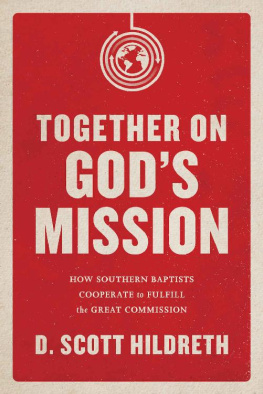Amy Carmichael - Things As They Are: Mission Work in Southern India (Mission Study Reference Library, No. 5)
Here you can read online Amy Carmichael - Things As They Are: Mission Work in Southern India (Mission Study Reference Library, No. 5) full text of the book (entire story) in english for free. Download pdf and epub, get meaning, cover and reviews about this ebook. year: 1906, publisher: Young People s Missionary Movement, genre: Science. Description of the work, (preface) as well as reviews are available. Best literature library LitArk.com created for fans of good reading and offers a wide selection of genres:
Romance novel
Science fiction
Adventure
Detective
Science
History
Home and family
Prose
Art
Politics
Computer
Non-fiction
Religion
Business
Children
Humor
Choose a favorite category and find really read worthwhile books. Enjoy immersion in the world of imagination, feel the emotions of the characters or learn something new for yourself, make an fascinating discovery.
- Book:Things As They Are: Mission Work in Southern India (Mission Study Reference Library, No. 5)
- Author:
- Publisher:Young People s Missionary Movement
- Genre:
- Year:1906
- Rating:3 / 5
- Favourites:Add to favourites
- Your mark:
- 60
- 1
- 2
- 3
- 4
- 5
Things As They Are: Mission Work in Southern India (Mission Study Reference Library, No. 5): summary, description and annotation
We offer to read an annotation, description, summary or preface (depends on what the author of the book "Things As They Are: Mission Work in Southern India (Mission Study Reference Library, No. 5)" wrote himself). If you haven't found the necessary information about the book — write in the comments, we will try to find it.
Things As They Are: Mission Work in Southern India (Mission Study Reference Library, No. 5) — read online for free the complete book (whole text) full work
Below is the text of the book, divided by pages. System saving the place of the last page read, allows you to conveniently read the book "Things As They Are: Mission Work in Southern India (Mission Study Reference Library, No. 5)" online for free, without having to search again every time where you left off. Put a bookmark, and you can go to the page where you finished reading at any time.
Font size:
Interval:
Bookmark:

This book made available by the Internet Archive.
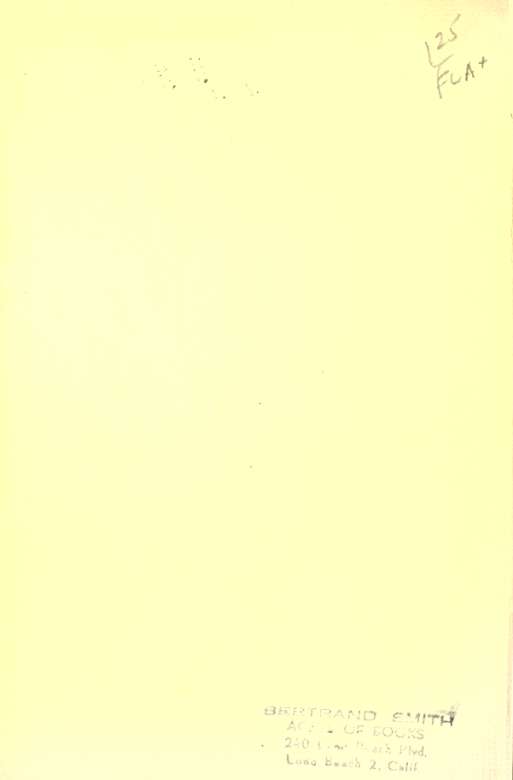



FIRST EDITION .. April 1903
Reprinted .. August 1903
.. January 1904
.. November 1904
.. January 1905
\\
To the Memory of My Dear Friend,
ELEANOR CARR, Whose last message to the Band, before her
translation on June 16, 1901, was :
"YOU WILL BE IN THE THICK OF THE FIGHT BY THE TIME THIS REACHES YOU,
THE BATTLE IS THE LORD'S 1
Note
YTTITHIN a few weeks of the publication of Things as They Are, ' letters were received from missionaries working in different parts of India, confirming its truth. But some in England doubt it. And so it was proposed that if a fourth edition were called for, a few con firmatory notes, written by experienced South Indian missionaries, other than those of the district described, would be helpful. Several such notes are appended. The Indian view of one of the chief facts set forth in the book is expressed in the note written by one who, better than any mis sionary, and surely better even than any onlooker at home, has the right to be heard in this matter and the right to be believed.
And now at His feet, who can use the least, we lay this book again ; for "to the Mighty One," as the Tamil proverb says, "even the blade of grass is a weapon." May it be used for His Name's sake, to win more prayer for Indiaand all dark landsthe prayer that prevails.
AMY WILSON-CARMICHAEL, Dohnavur, Tinnevelly District, S. India.
Confirmatory Notes
From Rev. D. DOWNIE, D.D., American Baptist Mission, Nizam's Dominions, S. India.
I have felt for many years that we missionaries were far too prone to dwell on what is called "the bright side of mission work." That it has a bright side no one can question. That it has a "dark" side some do question ; but I for one, after thirty years of experience, know it to be just as true as the bright side is true. I have heard Miss Carmichael's book denounced as "pessimistic." Just what is meant by that I am not quite sure ; but if it means that what she has written is untrue, then I am pre pared to say that it is NOT pessimistic, for there is not a line of it that cannot be duplicated in this Telugu Mission. That she has painted a dark picture of Hindu life cannot be denied, but, since it is every word true, I
rejoice that she had the courage to do what was so much needed, and yet what so many of us shrank from doing, "lest it should injure the cause."
From Rev. T. STEWART, M.A., Secretary, United Free Church Mission,
Madras.
This book, Things as They Are, meets a real needit depicts a phase of mission work of which, as a rule, very little is heard. Every missionary can tell of cases where people have been won for Christ, and mention incidents of more than passing interest. Miss Carmichael is no exception, and could tell of not a few trophies of grace. The danger is, lest in de scribing such incidents the impression should be given that they represent the normal state of things, the reverse being the case. The people of India are not thirsting for the Gospel, nor " calling us to deliver their land from error's chain." The fight is still one in which the " spiritual hosts of wickedness " have to be overcome before the captive can be set free. The writer has laid all interested in the extension of the Kingdom of God under a deep debt of obligation by such a graphic and accurate picture of the difficulties that have to be faced and the obstacles to be overcome. Counterparts of the incidents recorded can be found in other parts of South India, and there are probably few missionaries engaged in vernacular work who could not illustrate some of them from their own experience.
From Dr. A. W. RUDISILL, Methodist Episcopal Press, Madras.
In Things as They Are are pictured, by camera and pen, some things in Southern India. The pen, as faithfully as the camera, has told the truth, and nothing but the truth.
The early chapters bring out with vivid, striking, almost startling reality the wayside hearers in India. One can almost see the devil plucking away the words as fast as they fall, and hear the opposers of the Gospel crying out against it.
Paul did not hesitate to write things as they were of the idolaters to whom he preached, even though the picture was very dark. It is all the more needful now, when so many are deceived and being deceived as to the true nature of idolatry, that people at home who give and pray should be told plainly that what Paul wrote of idolaters in Rome and Corinth is still true of idolaters in India.
Miss Carmichael has given only glances and glimpses, not full insights. Let those who think the picture she has drawn is too dark know that, if the whole truth were told, an evil spirit only could produce the pictures, and hell itself would be the only fit place in which to publish them, because in Christian lands eyes have not seen and ears have not heard of such things.
From Rev. C. W. CLAEKE, M.A., Principal, Noble College, Masulipatam.
I have worked as Principal of a College for over seventeen years amongst the caste people of South India, and I entirely endorse Miss Carmichael's views as to the actual risks run by students and others desirous of break ing caste and being baptized. While the teaching of the Bible and English education generally have removed a great deal of prejudice, and greatly raised the ethical standard amongst a number of those who come under such influences, Hinduism as held and practised by the vast majority of caste people remains essentially unchanged. To break caste is held to be the greatest evil a person can inflict upon himself and his community, therefore practically any means may be resorted to to prevent such a calamity. It is a commonplace amongst missionaries, that when a caste man or woman shows any serious intention of being baptized,in any case, where caste feeling is not modified by special circumstances, the most stringent precautions must be taken to protect the inquirer from the schemes of his caste brethren.
From KRISHNA RAN, Esq., B.A., Editor, Christian Patriot, Madras (himself a convert).
The question is often asked whether a high caste Hindu convert can live with his own people after his baptism. It is only those who know nothing of the conditions of life in India, and of the power of caste as it exists in this country, who raise the question.
The convert has to be prepared for the loss of parents and their tender affection ; of brothers and sisters, relatives and friends ; of wife and chil dren, if he has any ; of his birthright, social position, means of livelihood, reputation, and all the power which hides behind the magic word "caste " ; of all that he is taught from his childhood to hold as sacred.
From Miss READE, South Arcot, South India.
I am not surprised that anyone unacquainted with mission work in India should be staggered at the facts narrated in Things as They Are. But as one who has worked for nearly thirty years in the heart of heathenism, away from the haunts of civilisation, I can bear testimony that the reality of things far exceeds anything that it would be possible to put into print. One's tongue falters to tell of what is custom in this country. I know a case where a young girl of ten was placed in such a position that her choice lay between two sinful courses of life, no right way being open to her. I think one of the most distressing things we
Font size:
Interval:
Bookmark:
Similar books «Things As They Are: Mission Work in Southern India (Mission Study Reference Library, No. 5)»
Look at similar books to Things As They Are: Mission Work in Southern India (Mission Study Reference Library, No. 5). We have selected literature similar in name and meaning in the hope of providing readers with more options to find new, interesting, not yet read works.
Discussion, reviews of the book Things As They Are: Mission Work in Southern India (Mission Study Reference Library, No. 5) and just readers' own opinions. Leave your comments, write what you think about the work, its meaning or the main characters. Specify what exactly you liked and what you didn't like, and why you think so.

